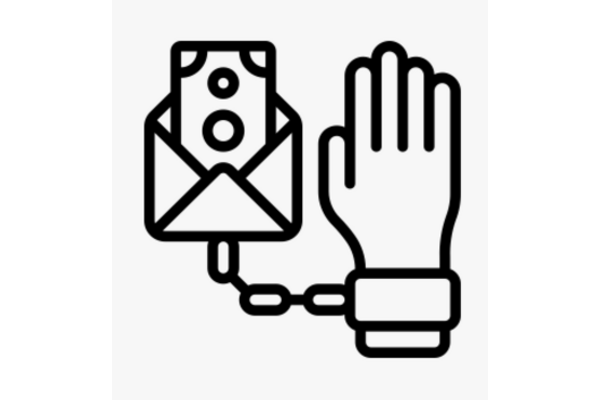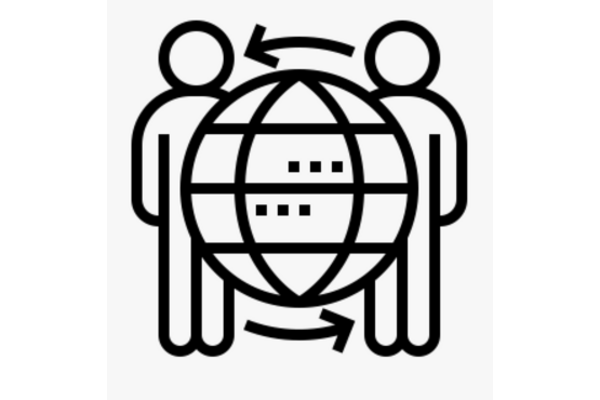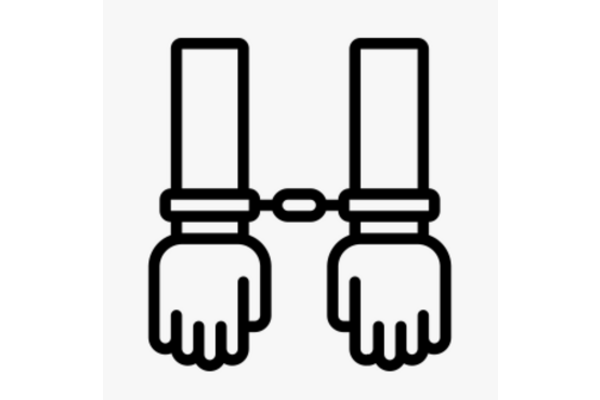
Financial crimes are far from victimless transgressions. They exact a heavy toll on societies and economies, causing far-reaching consequences that extend beyond the immediate parties involved. At a societal level, financial crimes undermine trust in institutions, corrode the fabric of communities, and engender inequality. Corruption, fraud, and other types of financial malfeasance erode public trust in government and financial institutions, creating cynicism and apathy that can destabilise societies. Financial crimes also foster social inequality, as they often enable the wealthy and powerful to amass wealth at the expense of the less privileged.
Economically, financial crimes disrupt the free market, skewing resource allocation and stiffening economic growth. Money laundering, for example, can distort market forces and create economic bubbles, while tax evasion deprives governments of resources needed for public services and infrastructure. The human impact of financial crimes is often overlooked, but can be devastating. The victims of these crimes can face financial ruin, emotional trauma, and loss of trust in the system. They may have to cope with long-term repercussions like debt, poverty, and mental health issues. On an economic level, financial crimes drain resources, put off investment and disrupt markets. This doesn't just impact the wider economy, but can lead to job losses, lower incomes, and restricted access to healthcare, education and justice.
Financial crime prevention professionals play a key role in our society. Their work touches on many areas, from economic stability and societal wellbeing to justice. Their work involves stopping crime from happening in the first place, and educating people about it. They help make sure businesses follow rules that can prevent crime. This helps to limit the chances for criminal activities. They also help people and organisations understand weaknesses in the financial systems, which can help prevent fraud.
Their role is key in keeping the economy working as it should by helping to ensure that financial transactions are legal and transparent. This contributes to a stable economy and attracts investment. In today's global economy, having trust in businesses is even more important, and can have far-reaching effects. Financial crime prevention professionals also play an important role in social justice. Financial crimes can often mean money is taken from those less well-off and given to the rich, worsening income inequality. By fighting these crimes, Financial crime prevention professionals help prevent this unjust movement of money, making them champions of fairness, stopping individuals from getting rich at the expense of wider society.
The roles and responsibilities of financial crime prevention professionals are complex and multifaceted, demanding expertise in various disciplines, from law to finance, psychology and ethics. However, it is also a deeply fulfilling role, with the potential for tangible impacts that resonate across society. The positive effects of their work can be seen across society. Financial crime prevention professionals are more than just professionals doing their jobs. They uphold justice, protect the integrity of the economy, and educate the public. They are a crucial defence against forces that could upset social and economic order. Their role is not just important, it's vital!













